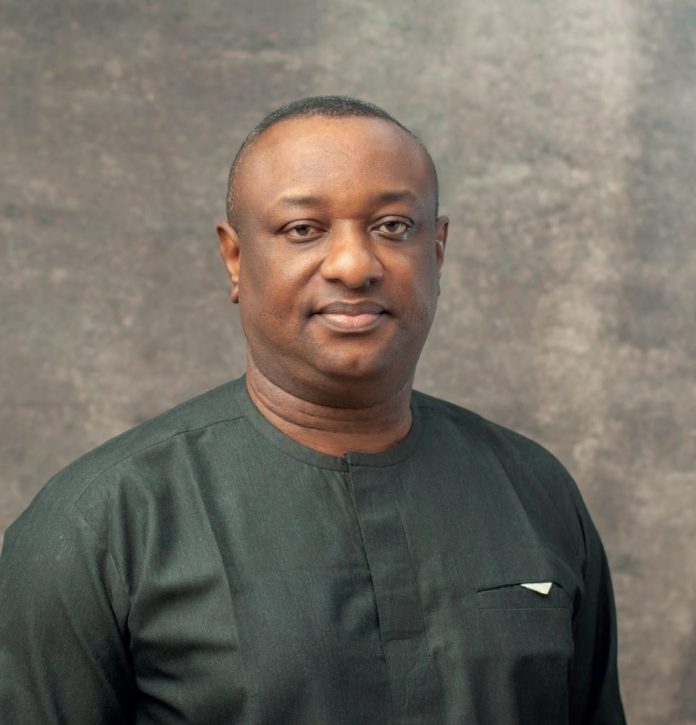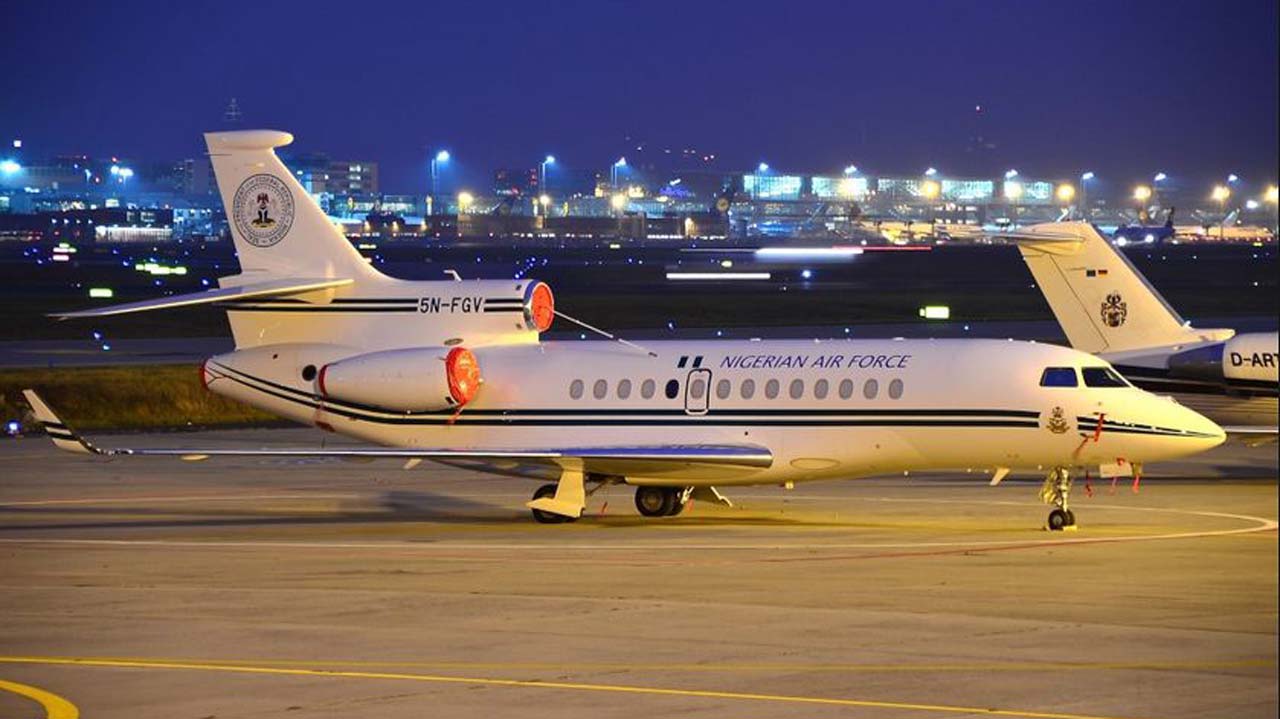
Nigeria has again been re-elected into Part 2 of the Council of the International Civil Aviation Organisation (ICAO) in Montreal, Canada.
The country secured a resounding 163 votes out of 185, thus confirming its influence and leadership in international aviation.
The announcement of the re-election was made by the Minister of Aviation and Aerospace Development, Festus Keyamo, who led Nigeria’s delegation to the 41st ICAO Assembly.
“Dear compatriots, glad to announce that in the last 15 minutes, Nigeria has just been re-elected into Part 2 of the Council of the International Civil Aviation Organisation (ICAO) in Montreal, Canada, along with eleven other countries (two others from Africa- Egypt and South Africa). Nigeria’s representative to ICAO, Mahmoud Ben-Tukur, will take Nigeria’s seat in the Council.
“As leader of Nigeria’s delegation, I was privileged to participate in the voting sessions of Parts 1 and 2 on behalf of Nigeria. A total of 185 countries were eligible to vote. Nigeria scored 163 votes,” an elated Keyamo said shortly after the re-election.
He described the victory as not just a diplomatic achievement but also a triumph of years of effort, negotiation, and determination to strengthen Nigeria’s voice in global aviation policymaking.
Part 2 of the ICAO Council is a critical bloc reserved for nations with the largest contributions to air transport services.
Nigeria’s return to this council positions it alongside 11 other countries, including Egypt and South Africa, the only other African representatives in this category.
The path to this victory was not an easy one because in the months leading up to the Assembly, Nigeria embarked on an intensive diplomatic campaign, consolidating alliances, showcasing reforms in its aviation sector, and reassuring international partners of its commitment to safety, innovation, and regional connectivity.
The Nigerian delegation worked the corridors of Montreal with quiet confidence, holding strategic bilateral meetings and rallying support across continents.
When the ballots were cast, the moment was tense with 185 member states eligible to vote, the stakes were high. As the results were announced, cheers erupted within the Nigerian camp—163 votes, a commanding margin that silenced doubt and reaffirmed Nigeria’s standing as an aviation powerhouse in Africa and beyond.
The country secured a resounding 163 votes out of 185, thus confirming its influence and leadership in international aviation.
The announcement of the re-election was made by the Minister of Aviation and Aerospace Development, Festus Keyamo, who led Nigeria’s delegation to the 41st ICAO Assembly.
“Dear compatriots, glad to announce that in the last 15 minutes, Nigeria has just been re-elected into Part 2 of the Council of the International Civil Aviation Organisation (ICAO) in Montreal, Canada, along with eleven other countries (two others from Africa- Egypt and South Africa). Nigeria’s representative to ICAO, Mahmoud Ben-Tukur, will take Nigeria’s seat in the Council.
“As leader of Nigeria’s delegation, I was privileged to participate in the voting sessions of Parts 1 and 2 on behalf of Nigeria. A total of 185 countries were eligible to vote. Nigeria scored 163 votes,” an elated Keyamo said shortly after the re-election.
He described the victory as not just a diplomatic achievement but also a triumph of years of effort, negotiation, and determination to strengthen Nigeria’s voice in global aviation policymaking.
Part 2 of the ICAO Council is a critical bloc reserved for nations with the largest contributions to air transport services.
Nigeria’s return to this council positions it alongside 11 other countries, including Egypt and South Africa, the only other African representatives in this category.
The path to this victory was not an easy one because in the months leading up to the Assembly, Nigeria embarked on an intensive diplomatic campaign, consolidating alliances, showcasing reforms in its aviation sector, and reassuring international partners of its commitment to safety, innovation, and regional connectivity.
The Nigerian delegation worked the corridors of Montreal with quiet confidence, holding strategic bilateral meetings and rallying support across continents.
When the ballots were cast, the moment was tense with 185 member states eligible to vote, the stakes were high. As the results were announced, cheers erupted within the Nigerian camp—163 votes, a commanding margin that silenced doubt and reaffirmed Nigeria’s standing as an aviation powerhouse in Africa and beyond.






